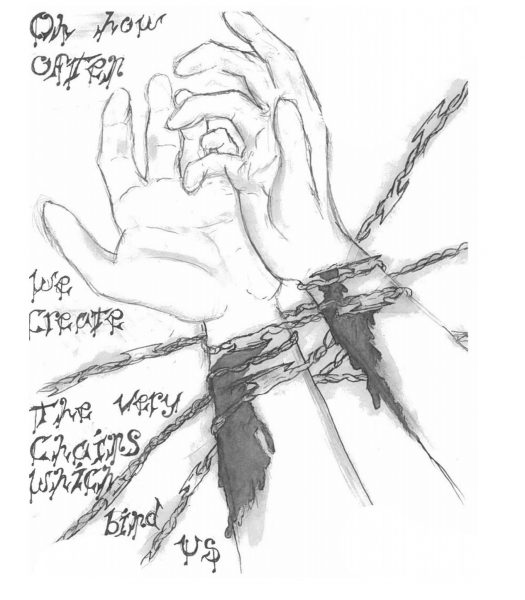VOLUNTEER WITH SPEAKOUT!
INTERNSHIPS
We are looking for juniors, seniors and grad students for full year placements as CLC interns (September to May).
Interested candidates should read this website for insight into our program, comments from interns, etc. AND
look at the application below. We will post updated application later in the semester..
Internship application 2025-2026
Apply now for 2025-2026 internships! Due by May 2. Send your application today to clc@colostate.edu.
VOLUNTEERS
We are always seeking volunteers — Training for the Fall semester is in September, and Spring semester in January. We'll take applications up to that time (though we much prefer knowing so much sooner!)
We try to fit interested volunteers in throughout the semester.
Interested candidates should complete the following application and send to: clc@colostate.edu.
Read comments from past interns
“We want to make sure that while our role is one of guidance and teaching, it should not be authoritarian to the extent that it dis-empowers those we are trying to help.”
“The roles we assume and our preconceived notions that accompany them, will directly affect the way we act and treat others. In the SpeakOut program, we do not aim to be authoritarian or hierarchical. While it may not seem like much, the mental assumptions we have surrounding our roles have huge impacts.”
“Rather, our goal is to focus on the writers' assets to be able to provide tools for expression, in spite of the confinement they may feel in their current situation.”
“But I believe SpeakOut! offers an outlet for writers to release emotions and receive our feedback which may assure them that someone does care about their writings. We have all had our hardships but only we can feel our own emotions. It is brave to share our stories of trauma or devastation but I have witnessed courage in our workshops when the women show so much emotion by crying while reading a piece they have written, or by the others encouraging each other or applauding them after they have stepped out of their comfort zones.”
“I also am very happy when I see how much the men appreciate us coming in, even if it is just to get them out of their pods [where they reside]. I get a comment from at least one guy every night when I am taking them back to their pods about how much they liked the workshop and they thank me for coming in that night. It is also so cool to see so many people lining up to go to the workshop. Many have said they have heard from someone that it is cool and they want to check it out. SpeakOut! seems to have a good reputation in the jail.”
“I feel many of the inmates label themselves as illiterate when the reality is they can read and write: they just may not be as good at it as they wish. But since literacy is a continuum, they always have chances to learn and improve. I feel SpeakOut! brings the idea that literacy is a continuum to the jail. We give them the chance to improve and work on their reading and writing skills. I feel many of the people who are not strong readers or writers would not go out on their own to teach themselves.”
“I think that by continuing to point the workshop in the directions that most interest the participants, we can increase their comfort and will hopefully encourage them to show up every week to a space where they can talk and write about the things that are most important to them.”
“Each [writer] has their own style, their own story to tell, and that story often comes through unconsciously for them. To get them to concentrate on how and why they are telling it isn’t an impossibility, but in many cases, they seem to feel that just telling it is enough. We help them “translate” their story to the page and into the SpeakOut! journal, encouraging them to be aware as they can be of audience. But, primarily, they are interested in instant inspiration, their “real” thoughts on the page, and they don’t put a lot of time into worrying how they come across. Their goal seems to be to say something profound. We encourage their writing and admire their enthusiasm. For the most part, we give them the prompts to tell their story and then we get out of the way.”
“I want my focus in workshops to be on developing literary skill, but I believe some healing is bound to happen meanwhile. I hope that during this session I will be able to balance these aspects of writing in a healthy and productive way.”
“Participating in the writing workshop provides the opportunity and initiative for writers to take note of their own mental state and what is on their mind, which for many, are the struggles and/or pains of their past. Sharing their work is their own choice: if they feel comfortable, they will share, if not, they write and keep quiet (or don’t write and just sit and reflect).”
“All we can do is keep going with the knowledge that we are making a small difference every day in the lives of people who need it.”
